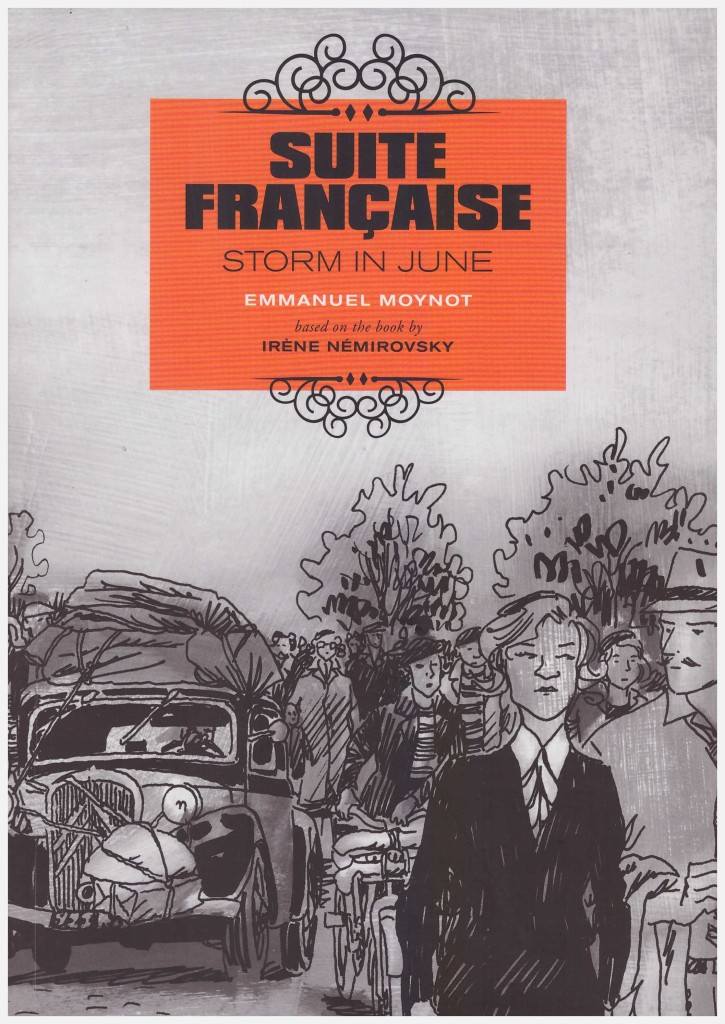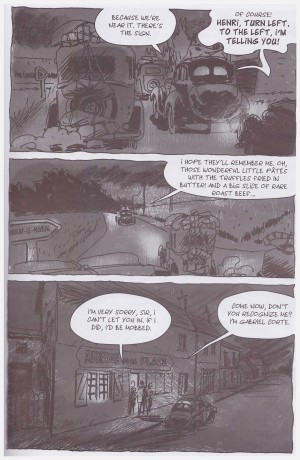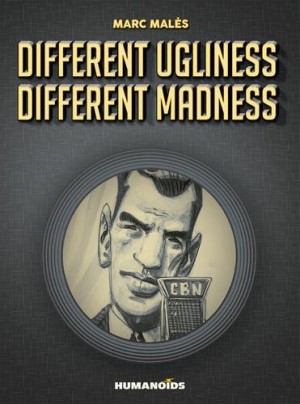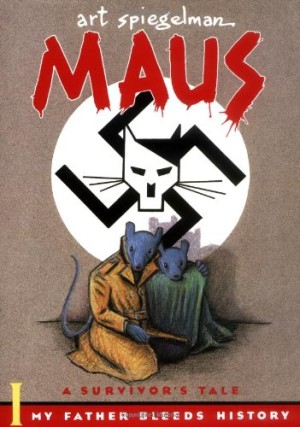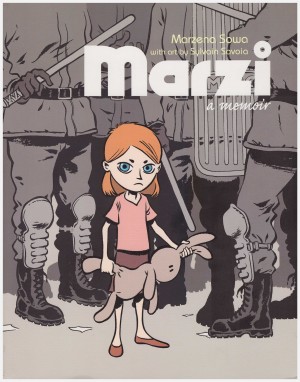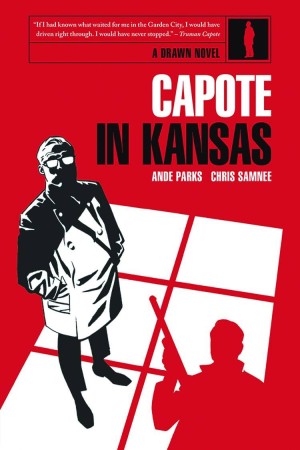Review by Ian Keogh
Suite Française has an extraordinary back story. Already an acclaimed writer in the 1930s, Irène Nemirovsky wrote the novel from which it’s adapted in the early 1940s with France under Nazi occupation. As a Jew she was forbidden to continue writing. Sadly, she didn’t survive her 1942 transportation to Auschwitz, and neither did her husband. The novel remained within a suitcase entrusted to their young daughters, who left it unopened, eventually discovering the manuscript in the late 1980s. Tiny handwriting used to conceal the work in a notebook required considerable deciphering, and the novel about ordinary citizens fleeing Paris was only published in 2004, to considerable acclaim. A decade later it was dramatised for cinema.
Nemirovsky’s cast almost all originate in the homes of the wealthy, but the necessity to leave Paris in a hurry as the Germans march toward it erodes the relationship between rich and poor, master and servant, employer and employee. Some of the better off originally view the war as an inconvenience, although Adrian Péricaud has the foresight to be concerned about the art treasures in the museum he runs. His eldest son Philippe is a priest who oversees the family-sponsored orphanage, and others among a broad cast include a bank manager with status, and a self-absorbed writer blind to the truth. Groups of refugees take different routes away from Paris and Emmanuel Moynot’s adaptation follows the pattern of the original novel in switching constantly between them.
Its 2015 English language release was timely, with the plight of refugees again headline news, and some of Nemirovsky’s clever interweaving of the cast and the manner in which others pass in the night is effectively supplied. This is, however, hampered by compression. The rapid rotation between cast members conveys the confusion of panic, but whereas the ensemble were fleshed out in the novel, the vignettes presented here deliver only a few with any depth. Some fates are confined to a narrative caption.
Moynot succeeds, however, with his expressive visual characterisation. There’s no doubt that Charlie Langelet is the aesthete described, of Arlette Corail’s high-maintenance personality, or that his experiences are Hubert Péricaud’s progress from second son to the man he’ll become. The sketchy style Moynot’s chosen delivers an urgency suitable to the subject matter, and is surprisingly detailed, but on occasion clarity is sacrificed for an image. An example is a person injured in a bombing raid, something we only later realise via a caption rather than being informed during the sequence illustrating him as the raid occurs.
The adaptation completes the first of two parts forming the original novel, and despite misgivings about that being a far richer experience, Nemrivosky’s dramatic instincts are faithfully transferred. The most horrific moment comes not from the impending Nazis, who’re barely seen, but from another source entirely. It’s presented in a chilling, matter of fact manner, and completely lacks a prelude. That’s a strength of the source material, with the fates of few characters predictable.
Suite Française was well-received in France, so it’s to be presumed Moynot will also be adapting the final surviving portion of Nemrivosky’s novel.
